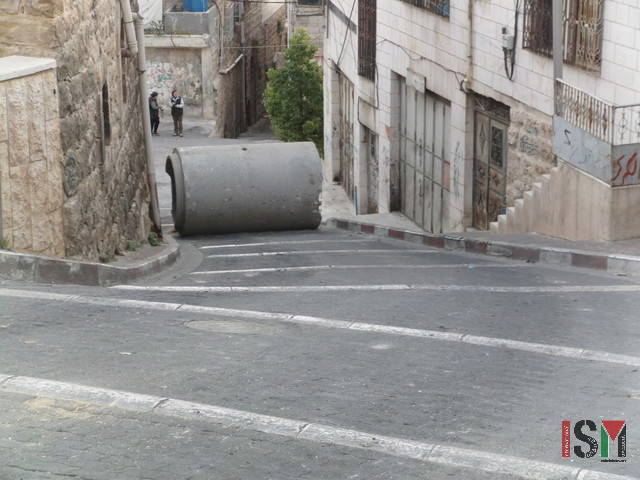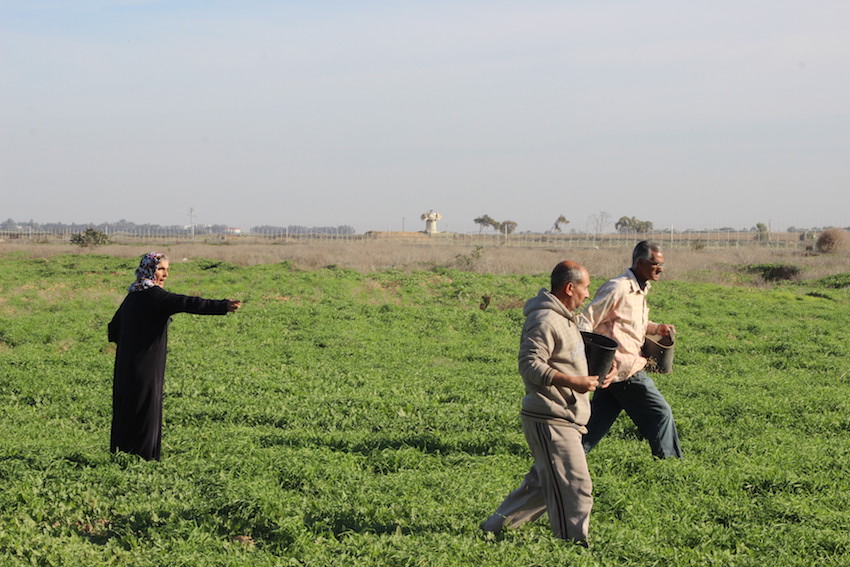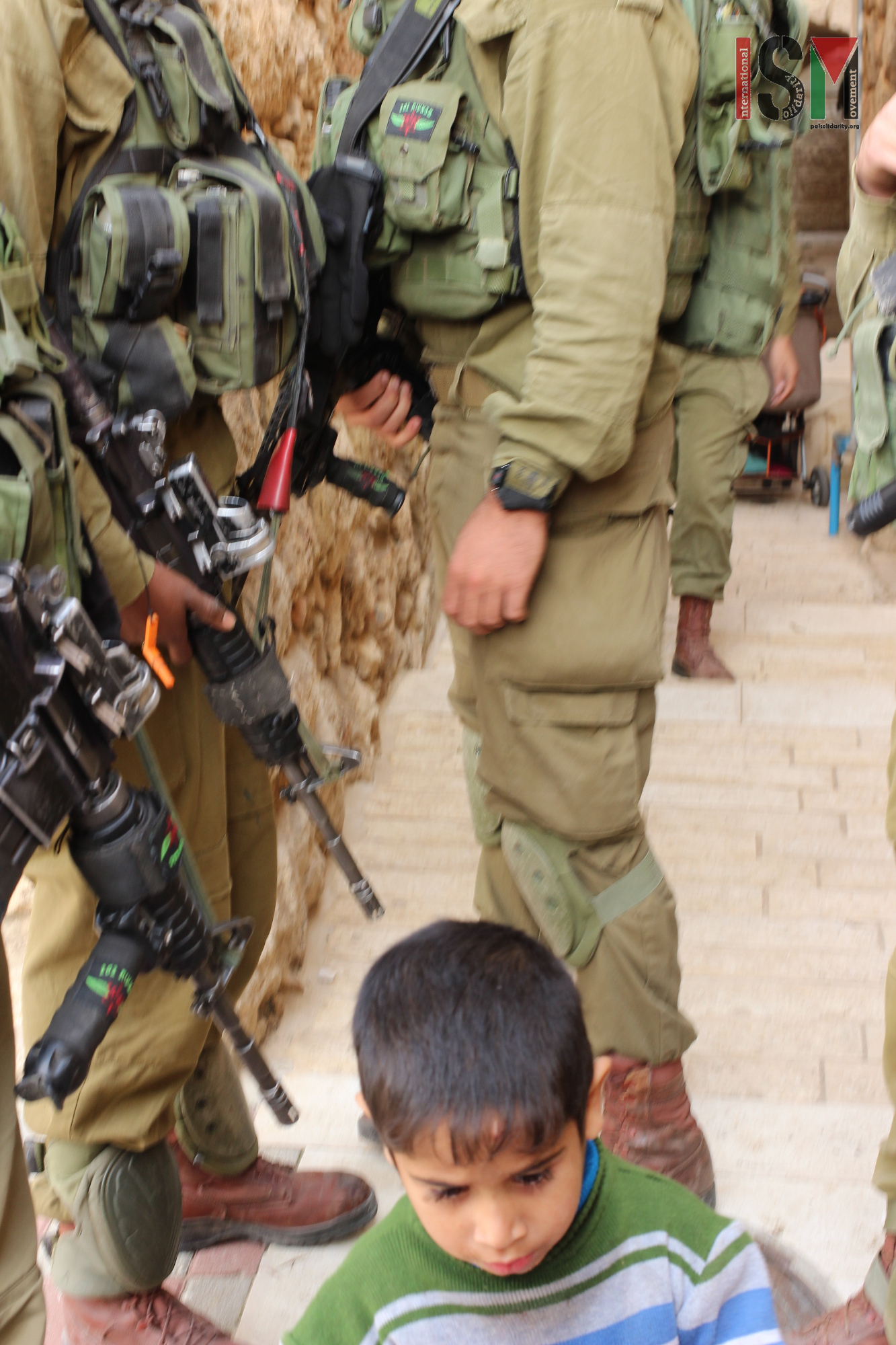-
The Palestinian civilians of Queitun are locked up by massive roadblocks and skunked for no reason
27th November 2015 | International Solidarity Movement, al-Khalil team | Hebron, occupied Palestine In the early morning of November 26th, 2015, just a few hours after training some 50 new soldiers for house-invasions, the Israeli occupation army put three massive roadblocks in Sida, a connecting street in the Qeitun neighborhood of Hebron H2 (Israeli controlled). […]
-
In Gaza, Israeli Forces brutally stop farmers from working on land
November 27th, 2015 | International Solidarity Movement, Gaza team | Khuzaa, Gaza strip, Occupied Palestine In Gaza, farmers should have started to plant wheat almost a month ago. However, in Khuzaa, a village close to Khan Younis, farmers who own land near the fence have not been able to start, as they don’t have the […]
-
Call from Palestine: Stop the execution of our children
27th November 2015 | International Solidarity Movement, al-Khalil team | Hebron, occupied Palestine We, the undersigned Palestinian political forces and organizations, appeal to local and international institutions, human rights organisations and democratic forces for immediate and decisive action concerning the execution of Palestinian children by Israeli occupation forces and settlers. To date, 18 Palestinian children […]
Action Alert An Nabi Saleh Apartheid Wall Arrests BDS Bethlehem Bil'in Cast Lead Demonstration Denial of Entry Ethnic Cleansing Farmers Gaza Global Actions Hebron House Demolition International law Israeli Army Jerusalem Live Ammunition Nablus Ni'lin Prisoner Ramallah Rubber-coated steel bullets Settlement Settlers Settler violence Tear-Gas Canister Video



